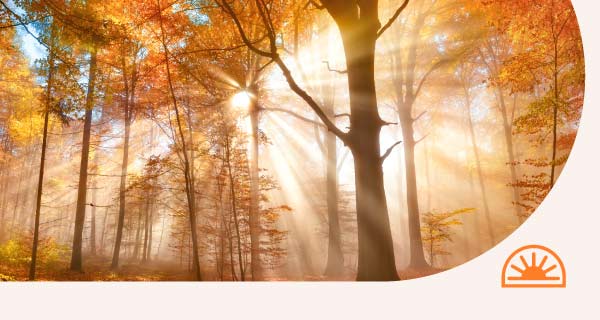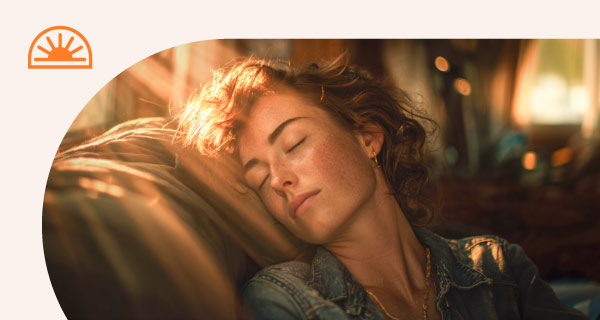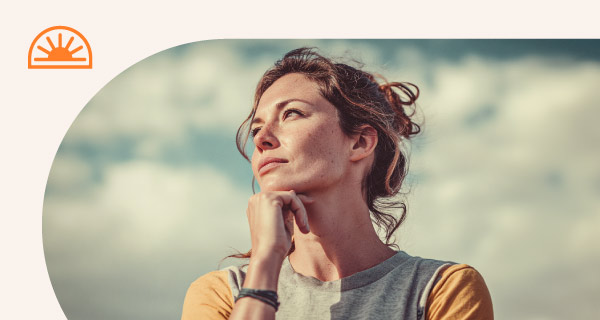Fear of the dark is most often associated with childhood, because children are less likely to separate reality and imagination. More often than not, the intense fear of the dark we experience in childhood diminishes with age… though not completely.
Even though adult experiences associated with this fear are less frequent, it can experienced by perfectly healthy adults. You may experience it if you’re out walking at night, or you hear a noise in a dark house and don’t know what might be out there. In the dark, we are deprived of one of our senses. Without the ability to see, we feel afraid and vulnerable. And rightly so – fear of the dark is a defense mechanism, a deeply ingrained instinct. Darkness may make us feel vulnerable, but what we so often forget is that it can also be a very good thing.
Here’s how you can use it to your advantage:
The good in darkness
Darkness has long been demonized and associated with night, winter, sorrow, depression and death. Commonly, darkness is thought to be bad or negative, while light is thought to be good and positive. But there is a tremendously positive side of darkness that’s often overlooked. Consider its associations with sleep, rest, nature, rejuvenation, dreams, creative power, love and sex. There is darkness in the womb. Without darkness we’d never be able to see the stars. Just think… going to a movie wouldn’t be the same if you weren’t in a dark room – it’s so much a part of the experience. More often than not, we make love in the dark. It’s where we find restful sleep. Darkness also opens the doorway to dreams and our subconscious minds.
See in the dark
When we think of darkness, we often think of total darkness. In actual fact, we see darkness all the time in varying degrees. When something is lit, we see it not only because of the light shining on it, but because parts of it are in shadow. So if all we had was 100% light, we wouldn’t be able to see anything. Colors are part of the spectrum of light being filtered out.
The darkness of being
There is dark beauty in life and in each of us, as well. The Swiss psychiatrist Carl Jung wrote about the shadow aspect of our psychology. According to Jung, every person has a shadow, which is made up of anything unconscious, repressed, denied or undeveloped. But the shadow also contains light – our undeveloped potential and tremendous creativity. The shadow is therefore an aspect of ourselves that we should get to know. The shadow side of ourselves can be creatively mined for the “color” that can enhance our everyday lives.
Protection
In an elegant scientific twist, spending time in darkness is actually proving to be beneficial to us on a biological level. Studies have shown that darkness triggers the body’s production of melatonin, which helps to stabilize the biological clock and regulates circadian rhythms. When our circadian rhythms are disrupted for just a few days, all the body’s functions are negatively impacted – from the metabolism to the appetite. There is even some speculation that darkness can help protect us from breast cancer. Studies have linked increased levels of breast cancer in developed countries to exposure to light. Underdeveloped countries actually have lower levels of breast cancer, which may correlate to lower light levels.
There are many reasons to embrace darkness in all its forms. Darkness can bring growth. In darkness there is great intimacy. We can mine the depths of darkness in order to know ourselves better. By overcoming some of our fears of the dark and approaching it with a healthy attitude, we can live a more balanced life, appreciating both the dark mystery of life, as well as its brightly lit visions.
Make the dark work for you! Talk to a psychic for guidance. Call
1.800.573.4830 or
click here now.



